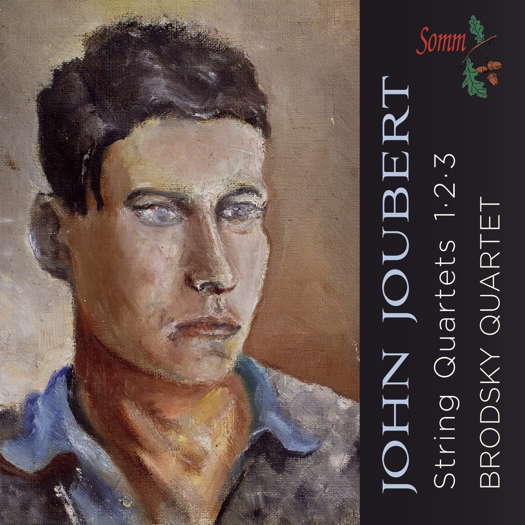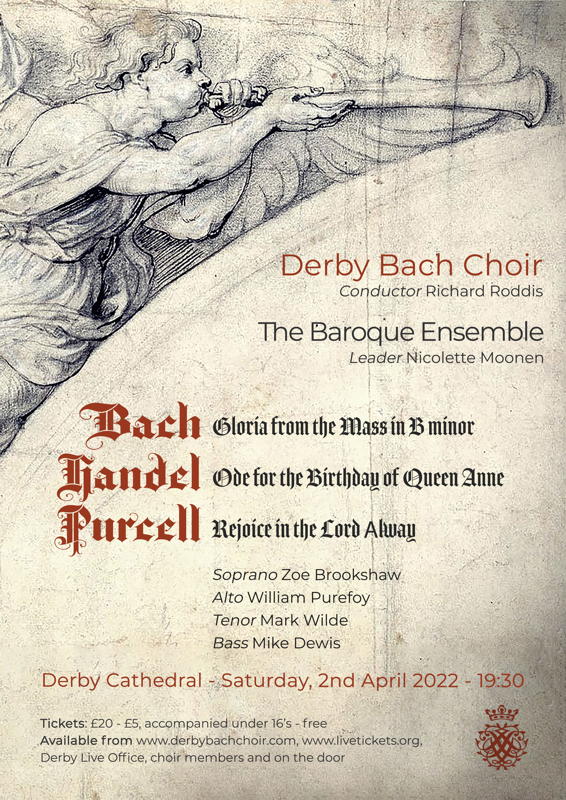 SPONSORED: CD Spotlight. A Fascinating Recording - John Joubert's string quartets, heard by Alice McVeigh.
SPONSORED: CD Spotlight. A Fascinating Recording - John Joubert's string quartets, heard by Alice McVeigh.
All sponsored features >>
 DISCUSSION: What is a work? John Dante Prevedini leads a discussion about The performing artist as co-creator, including contributions from Halida Dinova, Yekaterina Lebedeva, Béla Hartmann, David Arditti and Stephen Francis Vasta.
DISCUSSION: What is a work? John Dante Prevedini leads a discussion about The performing artist as co-creator, including contributions from Halida Dinova, Yekaterina Lebedeva, Béla Hartmann, David Arditti and Stephen Francis Vasta.
 SPONSORED: Think of Something Beautiful - Malcolm Miller pays tribute to contralto Sybil Michelow (1925-2013).
SPONSORED: Think of Something Beautiful - Malcolm Miller pays tribute to contralto Sybil Michelow (1925-2013).
All sponsored features >>
Poise and Sensitivity
MIKE WHEELER listens to baroque choral music by J S Bach, Handel and Purcell
As programmes of baroque choral music go, this was refreshingly unusual, and it all hung together very effectively. Derby Bach Choir and conductor Richard Roddis put together a sequence comprising the Gloria from J S Bach's B minor Mass, preceded by Purcell's best-known verse anthem and Handel's only court ode, rarely performed in its entirety, but whose opening number is one of the composer's gems – Derby Cathedral, Derby, UK, 2 April 2022.
Purcell's Rejoice in the Lord Alway takes its nickname 'The Bell Anthem' from the instrumental introduction's chiming scales, in which frequent DBC collaborator The Baroque Ensemble, led by Nicolette Moonen, established its intimate but firm presence. Alto William Purefoy, tenor Mark Wilde and bass Mike Dewis formed a cohesive solo trio, adding discreet ornamentation at appropriate moments. Everyone made the most of the cheeky way Purcell bats the words backwards and forwards between choir and soloists at 'and again I say, rejoice'.
Handel's Ode for the Birthday of Queen Anne springs a surprise by introducing the opening alto solo – 'Eternal source of light divine' – with no overture or any other kind of preparation. This is Handel at his most magical, a wonderfully serene musical sunrise, in which William Purefoy and trumpeter Adrian Woodward shadowed each other's lines with poise and sensitivity.
The rest of the ode may not be quite up to that level but there's still plenty to enjoy, and Ambrose Philips's sycophantic text is no worse than some of the doggerel Purcell had to contend with. 'Let all the winged race with joy' was soprano Zoë Brookshaw's first contribution of the evening, soaring and dipping elegantly, and she was a well-matched partner to William Purefoy in the gently airborne siciliana that is 'Kind health descends on downy wings'. The withering scorn Mike Dewis brought to his denunciation of 'blasted faction' in 'Let envy then conceal her head' was a high point. The first choral number, 'The day that gave great Anna birth', was appropriately jolly, and throughout, the choir brought vigour and confidence to what I suspect may have been an unfamiliar work to many.

Publicity for Derby Bach Choir's 2 April 2022 concert
Bach's Gloria set off at quite a lick, but not uncomfortably so, moving smoothly into an amiable 'Et in terra pax'. With Nicolette Moonen's supple obbligato, Zoë Brookshaw's 'Laudamus te' was delightfully airy. The choir made the phrases of 'Gratias agimus tibi' rise and fall calmly and purposefully. Zoë Brookshaw and Mark Wilde gave a buoyant, bouncy account of their duet 'Domine Deus', joined by bubbly flute obbligatos from Anna Kondrashina and Emily Bloom. The transition to the solemnity of 'Qui tollis peccata mundi' was managed without the slightest hint of an unwelcome jolt. William Purefoy and the players allowed a brisk 'Qui sedes' to dance as it should. Nicolette Moonen then handed over her stand to horn player Richard Lewis, who joined Mike Dewis for a good-humoured 'Quoniam tu solus sanctus'. The concluding 'Cum Sancto Spiritu' fugue positively skipped along, to echo the exuberance of the opening.
Copyright © 15 April 2022
Mike Wheeler,
Derby UK

MORE ARTICLES ABOUT DERBY BACH CHOIR


